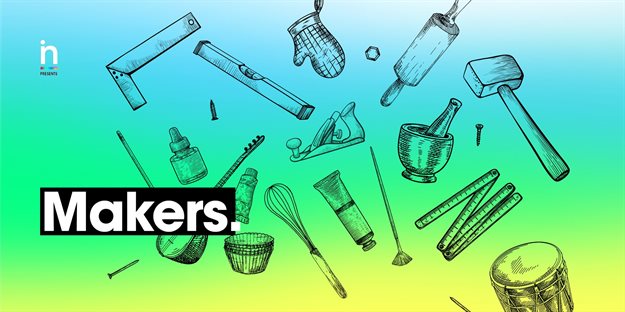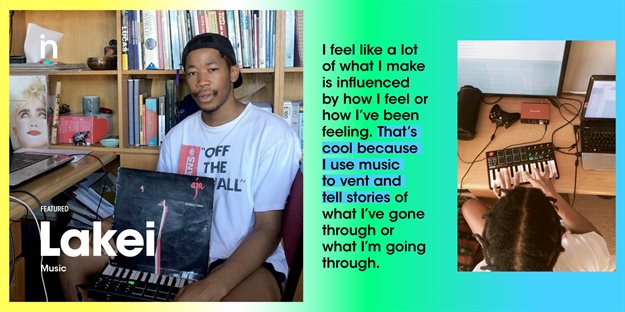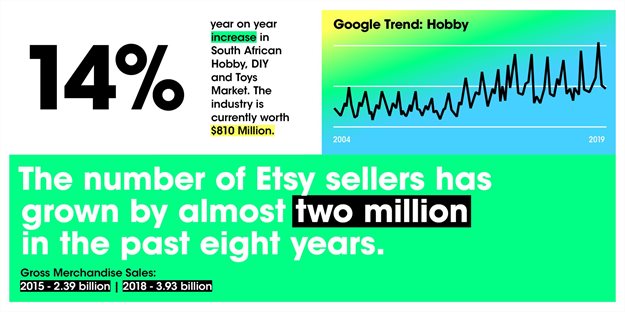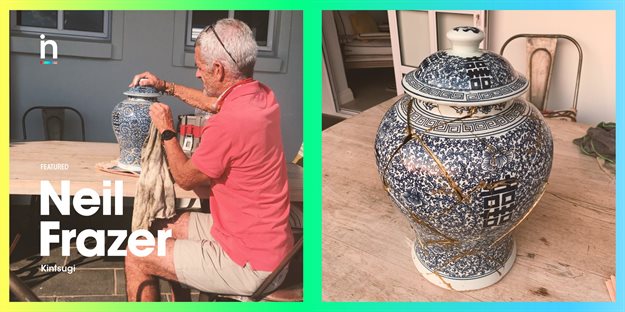Making things is a skill we lost pretty rapidly. As digital enveloped our every wish and whim, the tangible world started losing its appeal. In the digital world: we get what we want, when we want it. In real life, creation takes time and patience. As Arcade Fire once said, "We used to wait".
The act of creation, however, is gaining traction. In this article, we explore the almost revolutionary act of making something from scratch and what it does for the mind and spirit, and even your bank balance.
Making things with your hands is a large part of finding your flow, which is what psychologist Mihaly Csikszentmihalyi calls activities which promote full immersion invigorating you, making time fly and self-consciousness disappear.
Someone who knows all about creating for pleasure, as well as for good, is podcast guest Felix Holm, a founder member at Maker Station and many other Maker businesses. He guides people to look at their passions in order to seek out something to make. During the initial months of the pandemic, he even took his skills and put them to work as he, along with many other makers, came together to create excellent PPE equipment for the Red Cross Memorial Hospital. In an open source forum, they designed equipment that anyone could make, to make a difference. [Go to zamakers.co.za to contribute.]
Music has followed Lakei for most of his life resulting in a career as producer, singer and – from time-to-time – a rapper. Like most of the featured creatives, making is therapeutic for Lakei, providing him an outlet for feelings, emotions and experiences. It helps him not only meditate on things going on in his life, but to forget about them too.
It’s not all sweetness and light. Making is big business for those who provide tools, materials and education for those who make things. Some makers, too, are in it for the bucks, with sales on Etsy hitting almost $4bn in 2018, up from $2.4bn in 2015.
Pete Murray, Catherine Berriman and Neil Frazer are three more makers who gave of their time to chat about their passion for creation. As a leather, wood and DIY man, Pete’s creativity has resulted in him turning his hobby into an income. A multi-talented creator, Pete is also a graphic designer and photographer who likes to keep his hands busy and his mind active. Something that we have yet to tap into is how good making is for your mind: if you keep your brain active, and solving problems, all the better for the health of that organ.
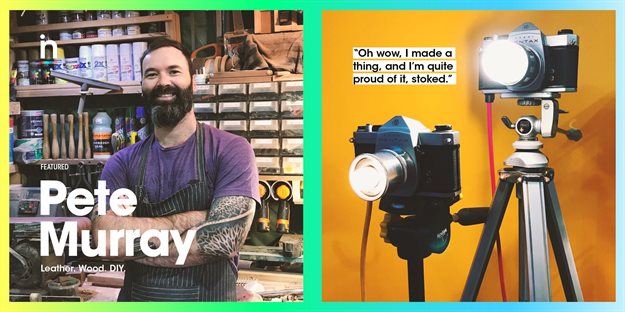
Neil Frazer had a different journey. He equates his love of Kintsugi to his personal circumstances. Kintsugi is the art of fixing broken pottery with gold rather than glue, leaving it not only repaired but even more beautiful than before, and Neil believes his long rehabilitation after a massive car accident allowed him to ‘come’ back better, much like the artefacts he fixes. He loves it because of the philosophy of looking at something and making it better with gold which, as a precious material, reflects more importance than what you are repairing.
The human desire to create something, to use one's hands and to feel that sense of accomplishment will always be important to us. We saw that instinct kicking in when we entered lockdown. People made pineapple beer, sourdough bread and completed long lost puzzles. As we head into a world that becomes more digital year-on-year, making things is never going to go away.









































